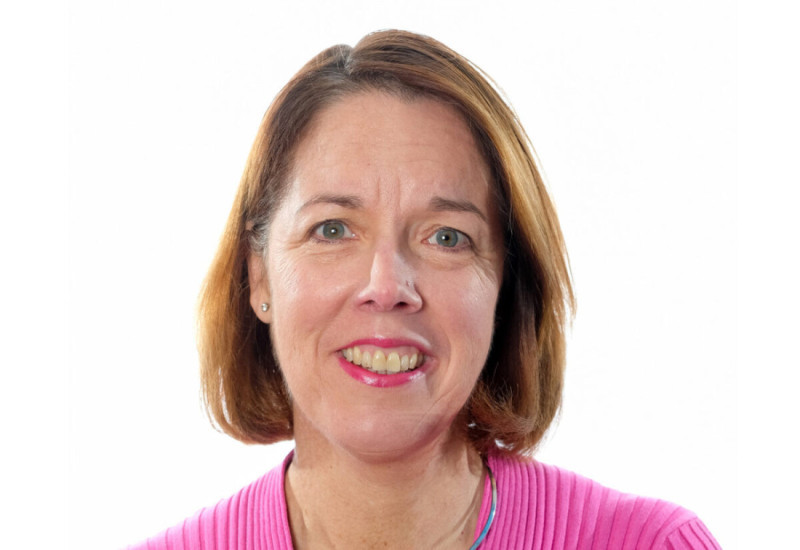We begin by discussing the feedback QCS received from their customers regarding the new Single Assessment Framework. Nikki explains that it’s been a mixed picture. “The theory of it was received positively, and providers are pleased that [the guidance and framework] are being simplified”.
But the change has brought challenges, she explains. “We have had a lot of feedback from customers who were frustrated with the lack of information and resources available at the beginning, which was difficult for providers.”
Overall, though, Nikki hopes that the problems in adapting to the CQC’s new framework are short-term and “teething problems from having to go through the steps of implementation and getting [the new framework] to come alive. There are, however, clear frustrations particularly with access to the new portal and inconsistency in inspections. These need to be resolved for providers to see the benefits of the new framework.
However, whilst simplicity has been helpful, some parts of social care remain shrouded in regulatory blind spots, she explains. “I think there are other spaces which aren’t regulated sufficiently, particularly dementia”. Nikki adds that “there is an opportunity for further thinking about what regulation is needed to ensure that those living with dementia consistently receive the right care and how we enable people to stay living at home longer.”
We have had a lot of feedback from customers who were frustrated with the lack of information and resources available at the beginning, which was difficult for providers
This need for continued serious conversations between regulators, policymakers, and care providers is compelling for Nikki, who believes only through addressing this can dementia care be “delivered really well and done safely.”
Digitally Driven
What is clear is that an essential feature of the new framework has been a prioritisation of digitally driven continuous assessment. When pressing Nikki specifically on whether this reliance on digital data is harmful for social care, where the human element is so important, she believes it does not have to be.
“If it’s done well, no ... it is possible for providers to make everything digital. [The pandemic] helped create an impetus to become more digital, and we see almost completely digital providers. Obviously, care is all about the human element, so this is not about being robotic … it’s about using technology to support service users to give the best care most efficiently.”
The Future of Care Regulation
As we near the end of our discussion, we look forward to the future of regulation in the sector. Given the UK’s ageing population and rising demand for adult social care, Nikki believes this may have influenced the changes in the framework. “I think part of this has been recognising that the really detailed framework we had wasn’t going to be workable as we go forward.”
The overriding message from our discussion is that while the new Single Assessment Framework has faced problems, simplification is good news for providers. As we wrap up, Nikki highlights the exciting changes in the sector and draws attention to the “vision-led businesses” operating within it who are determined to innovate - something that QCS, at the forefront of technology in the care sector, is spearheading.



